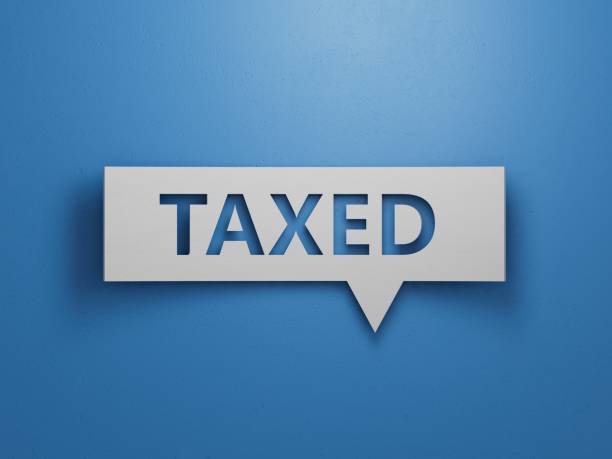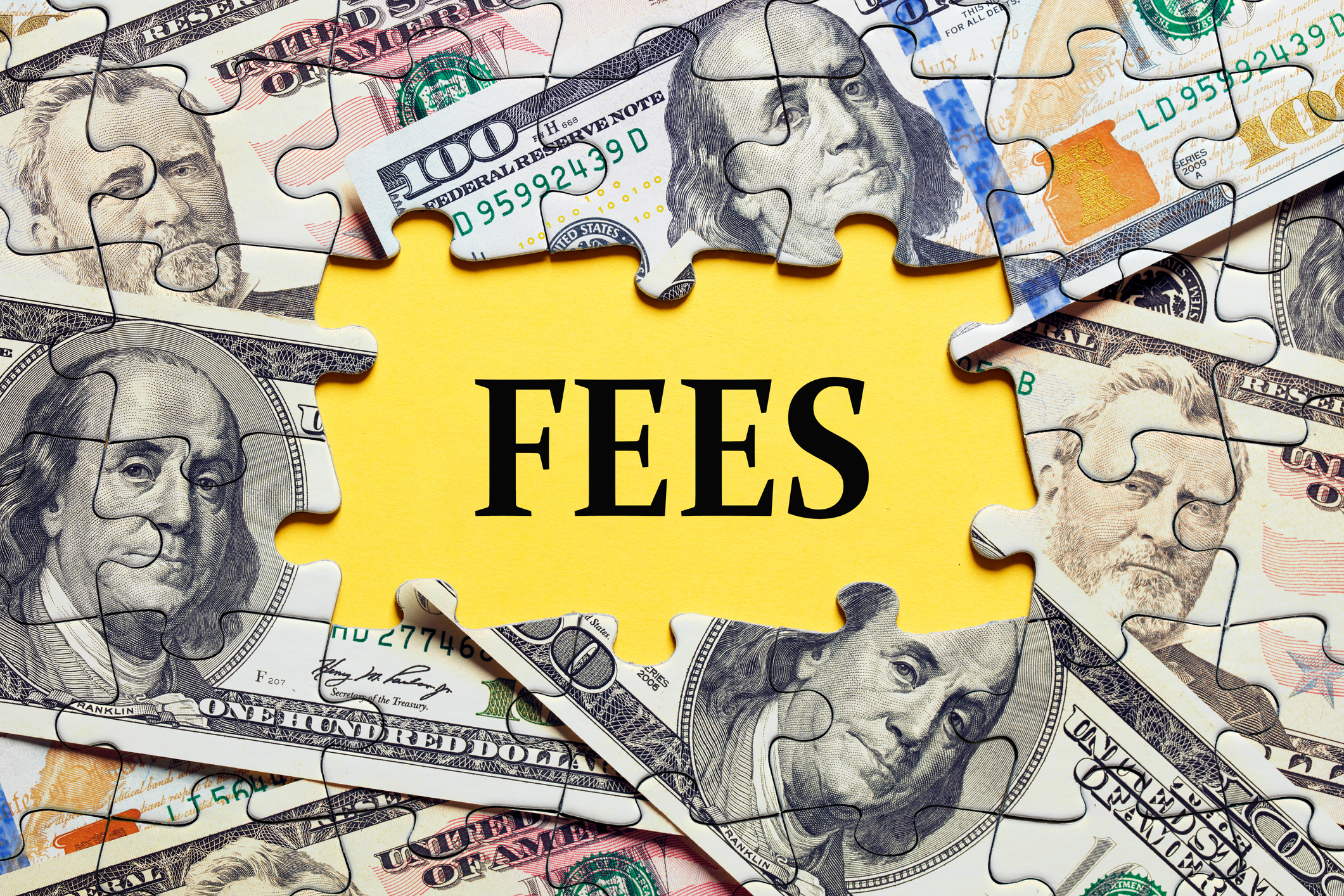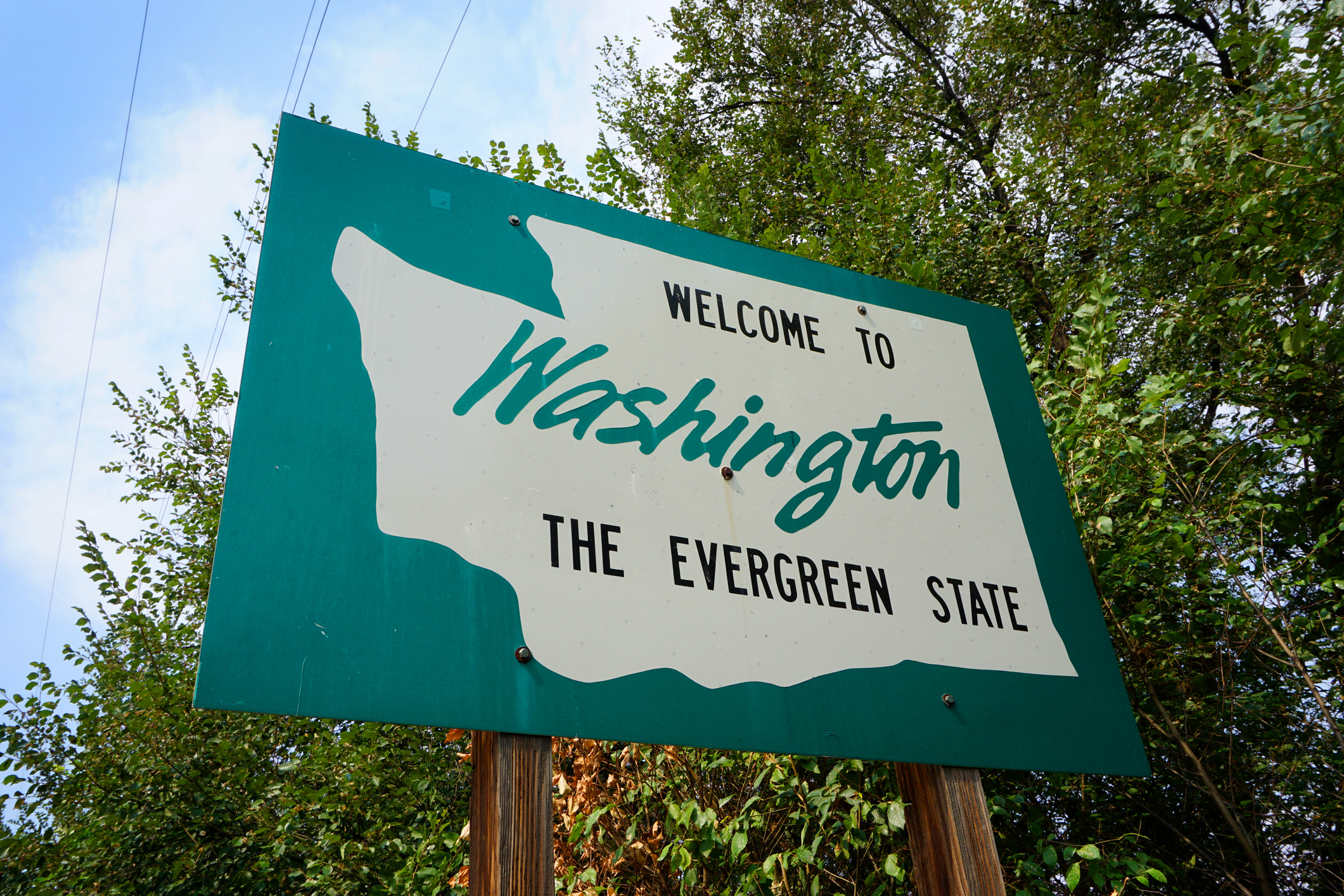Los Angeles City Council has passed a $30 tourism minimum wage for hospitality workers including an additional $8.35 for employers that don’t provide health insurance. The wage will be phased in over the next 2 years. Understandably, the hotel and airport industries are scrambling to meet the new mandated increases and will respond with increased prices for products and services.
A report sponsored by the City of Los Angeles, published by Berkley Economic Advising and Research (BEAR), calls out the increased costs to employers and the additional wage increases for the employees, but spends little time examining the impact to the cost of paying for the increase. Instead, the report claims that an employer will see 20% of the increased costs saved through worker efficiency, leaving 80% of the increased costs to be covered by the employer.
The analysis cited by the BEAR report as justification for the increase, was published in 2015 and focused on a $15 minimum wage for the food workers, not hotel and airport workers at over $30 per hour. The analysis was proven incorrect when subsequent to the recent $20 minimum wage increases in California, widespread layoffs, reduction in hours and increases in prices occurred almost overnight.
Of course, the increased minimum wage costs, just as the fast-food increases showed, will be passed onto the consumer in the form of higher service prices and less working hours for workers. The BEAR report attempts to ignore the additional costs associated with the increases, instead explaining the additional costs will be paid for by non-resident visitors who have little choice when visiting the city.
The Washington legislature and local Washington municipalities have passed minimum wage increases in 2024 and 2025. As an example, Bellingham recently increased its minimum wage to $17.28 and another $1 to $18.28 in 2025. Just as in California, Bellingham restaurants are going to raise the price of food.
California has demonstrated clearly, at the cost of the local economy, that minimum wage increases do not work as the proponents expected. Washington Lawmakers need to be paying attention to the negative results of minimum wage increases in other states and instead allow free markets to drive the cost of products and services.






